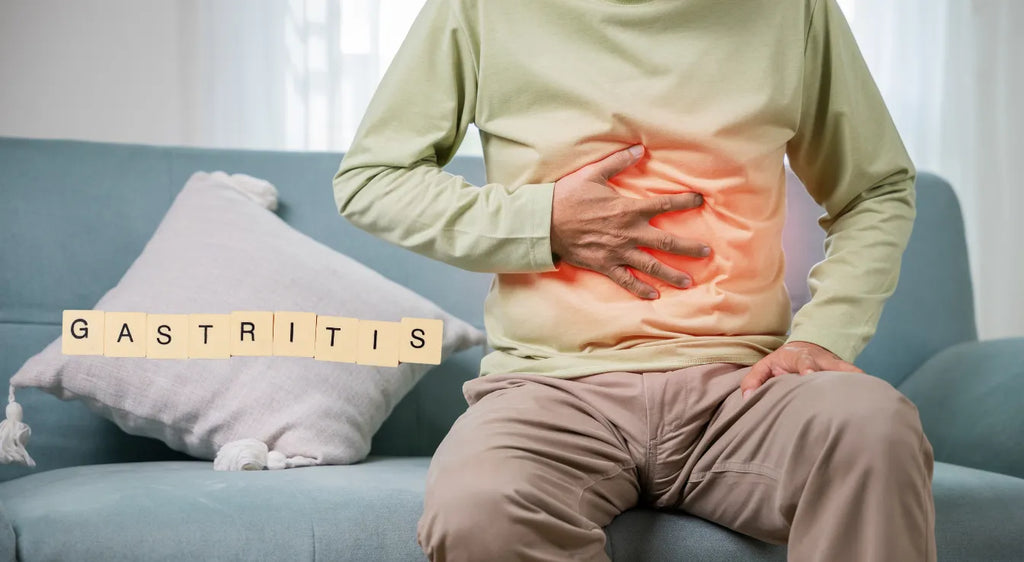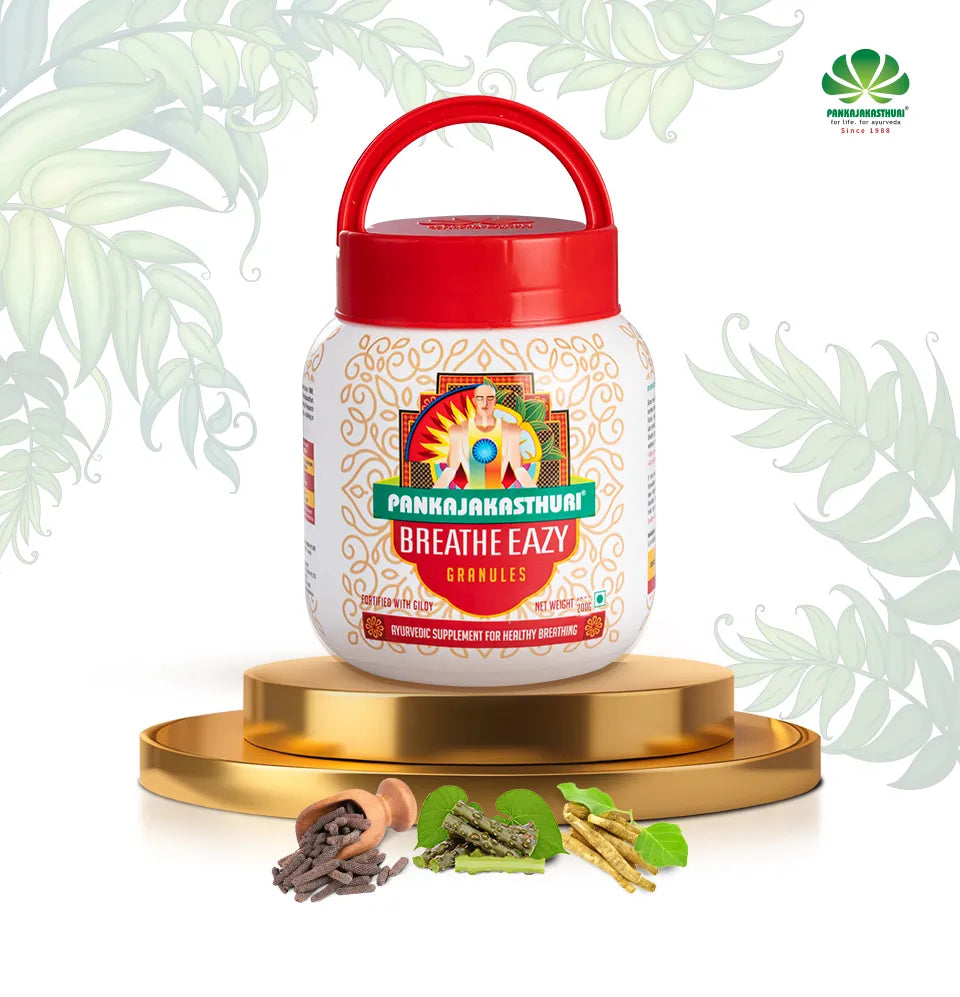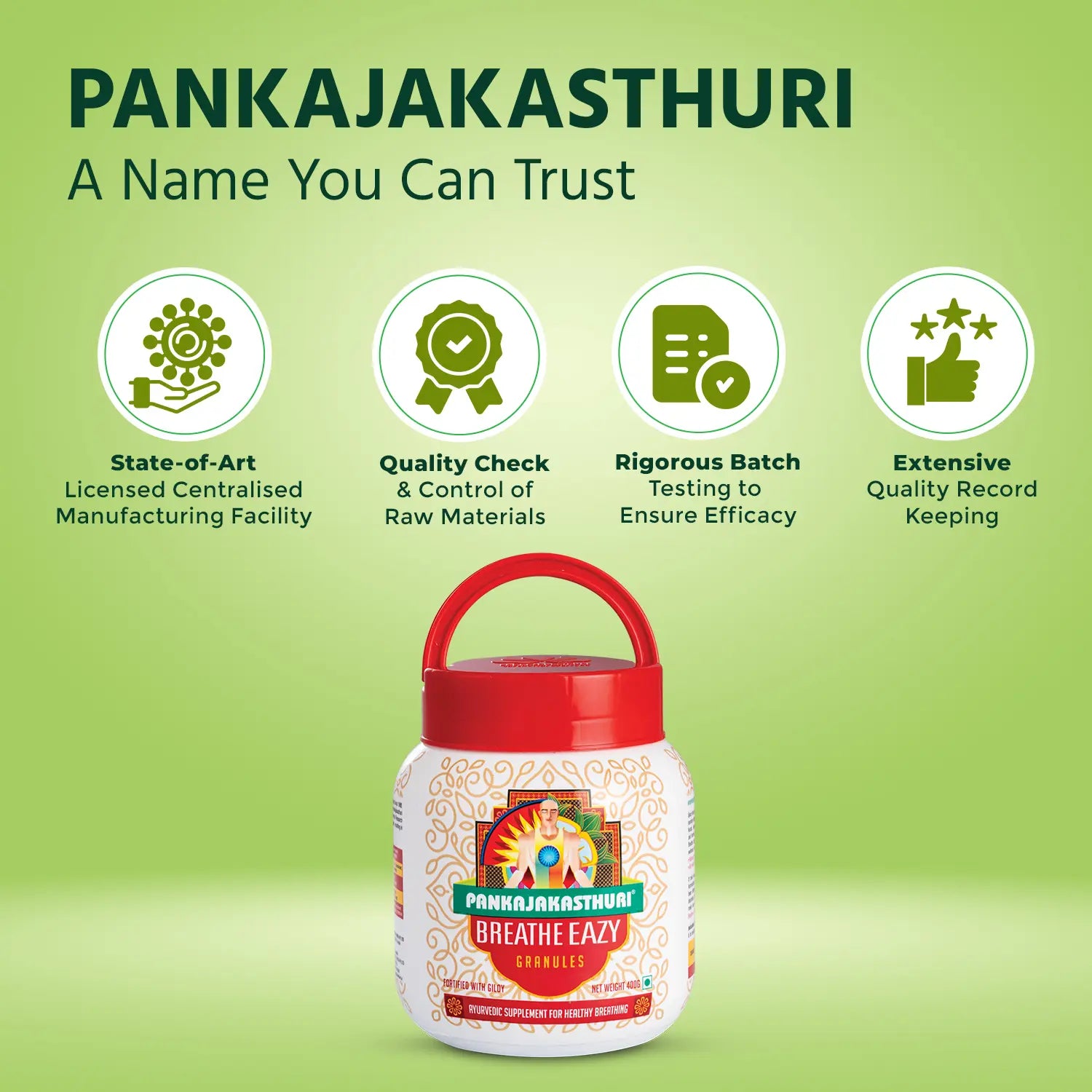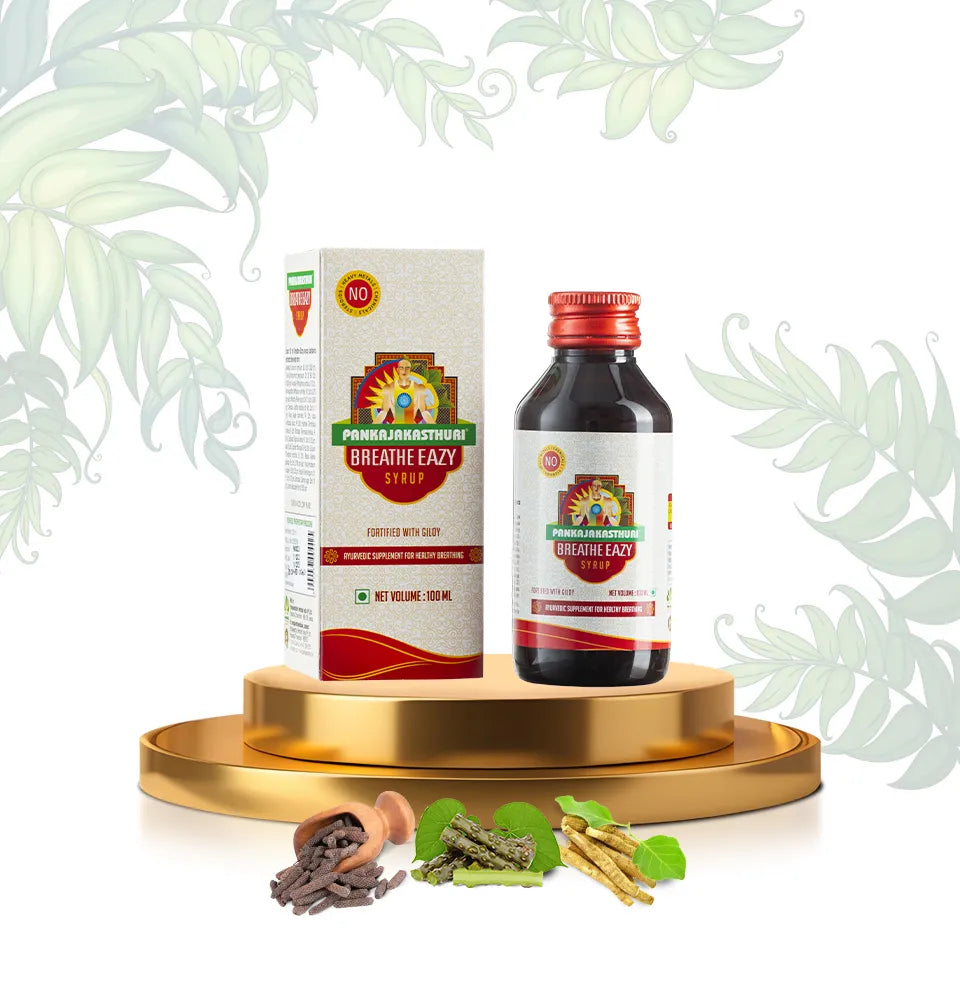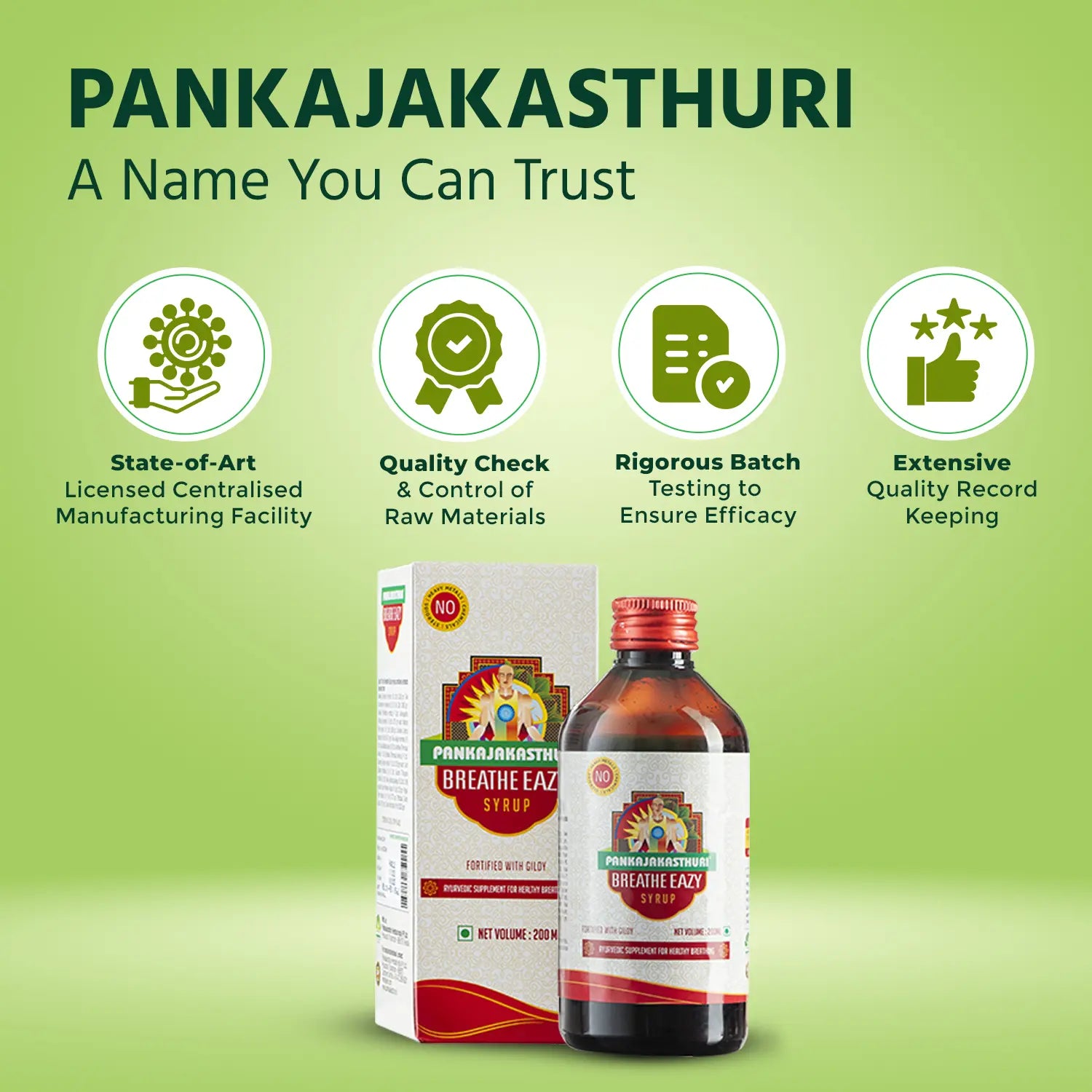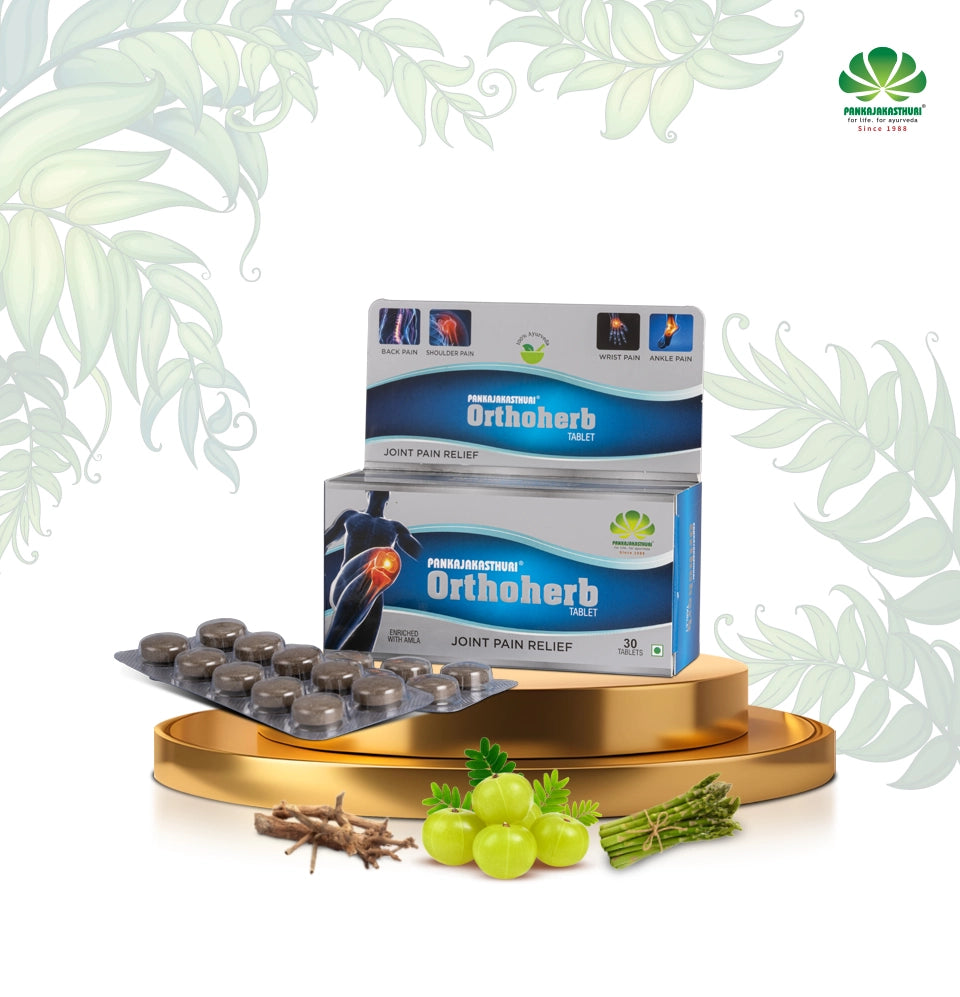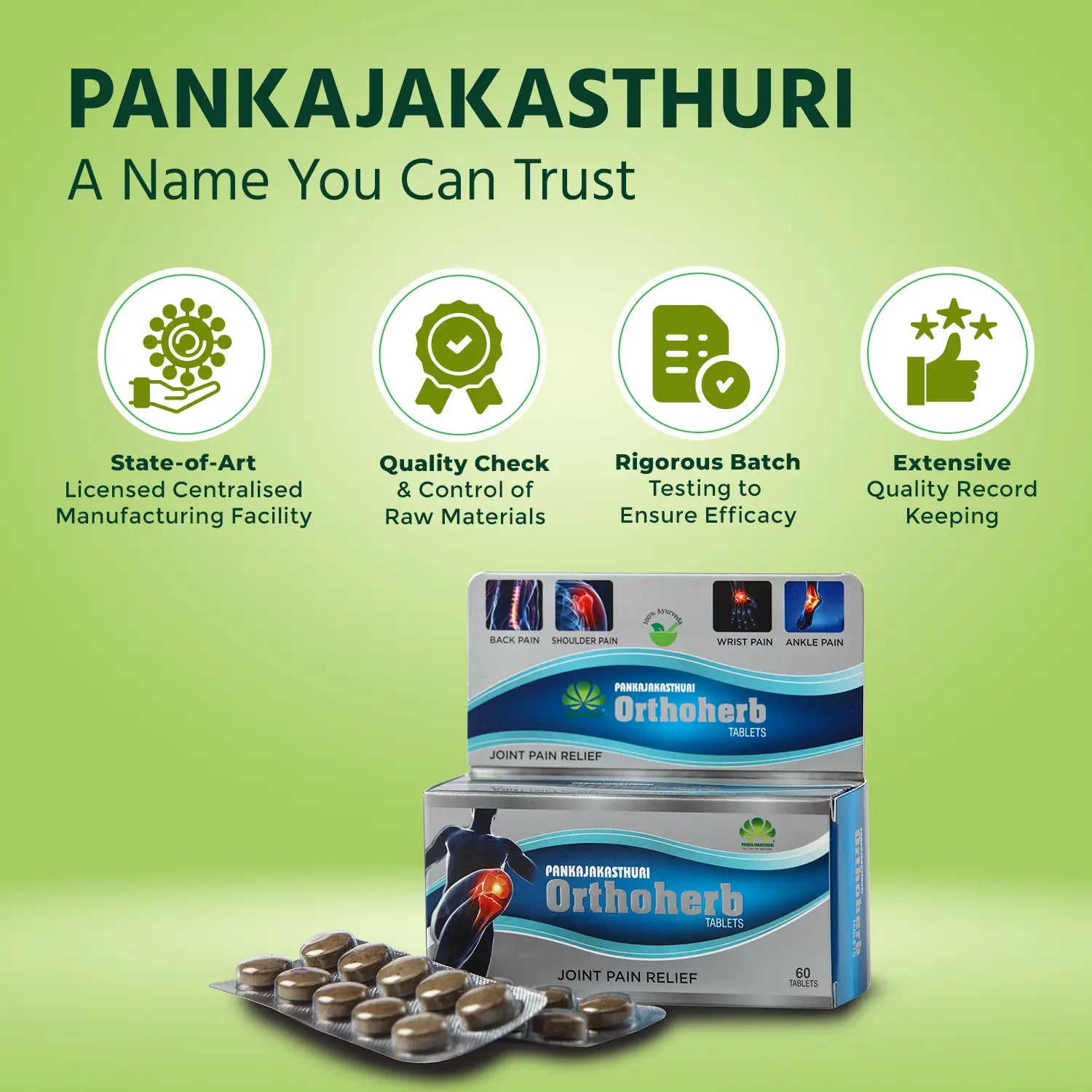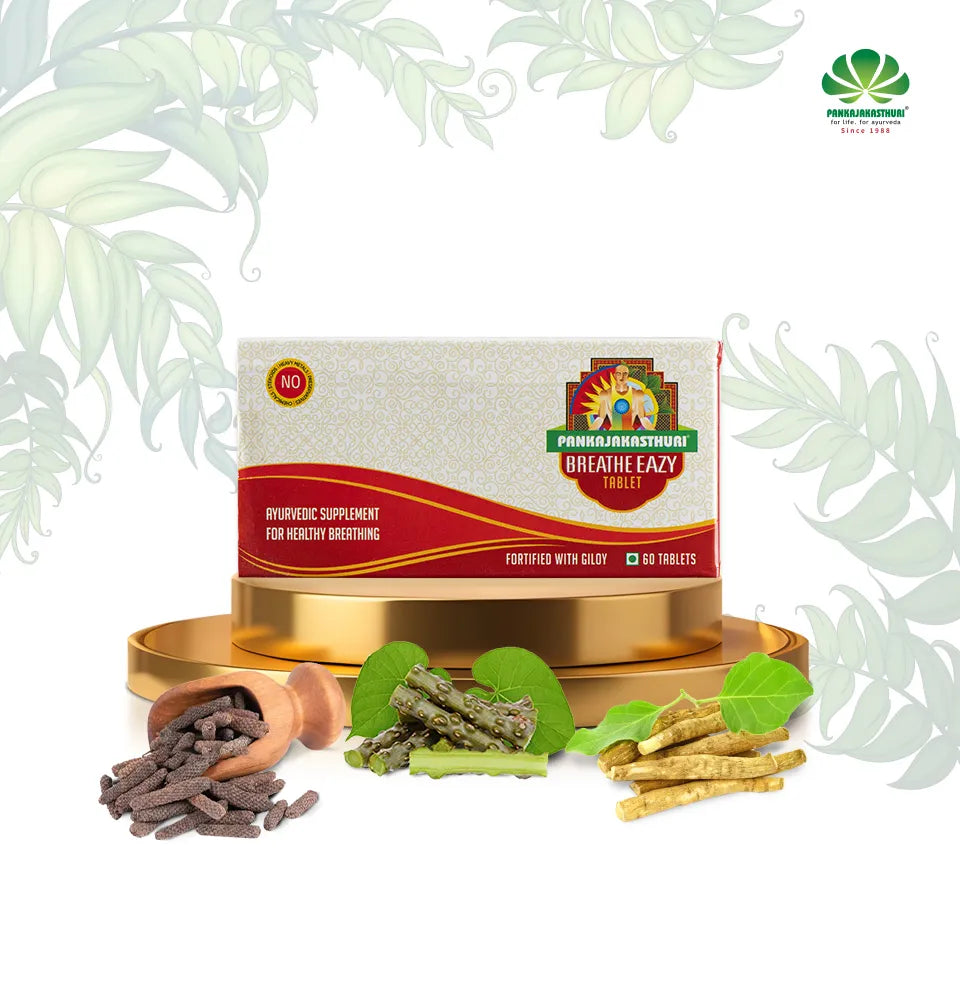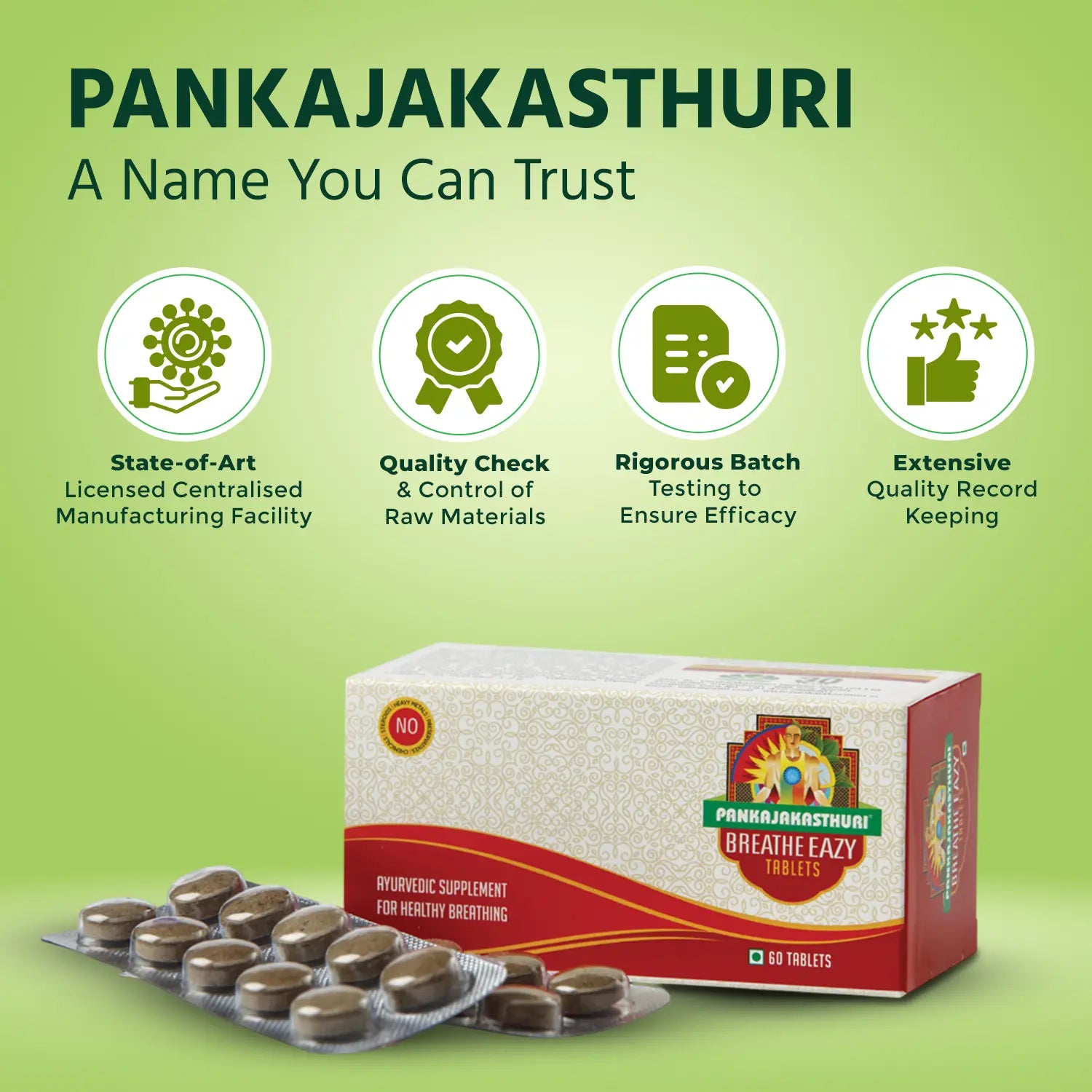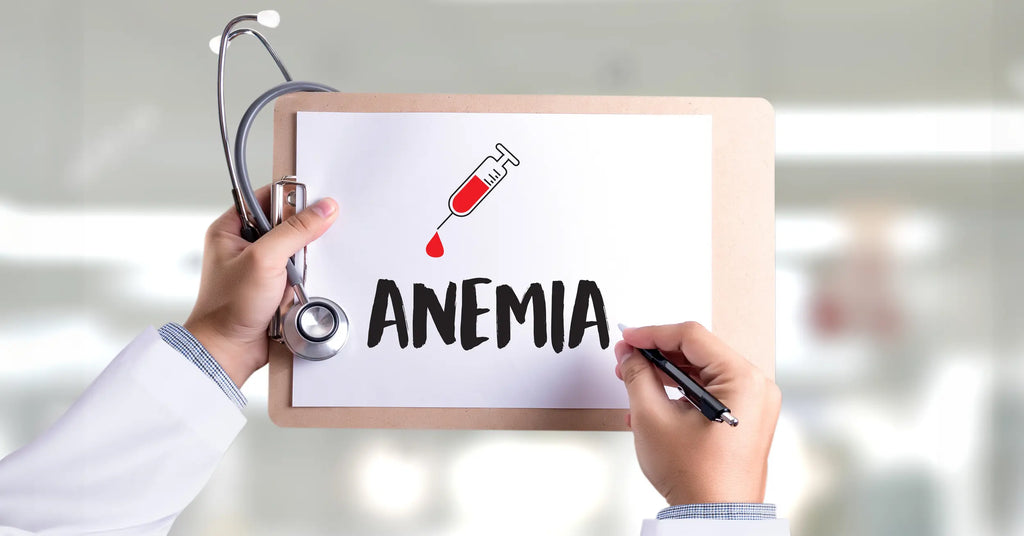
Understanding Anaemia in Women From The Perspective of Women’s Health and Wellness

Anaemia, particularly iron deficiency anaemia, is a prevalent health concern among women worldwide. It is a medical condition characterised by a deficiency in the number of red blood cells or haemoglobin in the blood. Iron deficiency is connected to low red blood cell (RBC) count because iron is a crucial component of haemoglobin, the protein in red blood cells that carries oxygen from the lungs to the rest of the body. Without sufficient iron, the body cannot produce an adequate amount of haemoglobin, leading to a decrease in the number of red blood cells, which in turn causes anaemia. Understanding the signs, causes, and prevention methods of anaemia is crucial from an overall women’s health and wellness perspective. In this comprehensive guide, we'll delve into the symptoms, causes, preventive measures, and natural remedies for managing anaemia in women effectively.
Symptoms of Low Iron Levels
Iron deficiency is the main trigger leading to anaemia. The main iron deficiency symptoms in women include:
Fatigue: Persistent tiredness or weakness is a common symptom of iron deficiency and anaemia in women, often affecting daily activities.
Pale Skin: Reduced red blood cell production can lead to paleness in the skin, particularly noticeable in the face and inner eyelids.
Shortness of Breath: Decreased oxygen-carrying capacity due to low haemoglobin levels can cause breathlessness even with minimal exertion.
Dizziness or Light-headedness: Insufficient oxygen supply to the brain may result in feelings of dizziness or faintness, especially upon standing up quickly.
Cold Hands and Feet: Poor circulation due to decreased oxygen transport can lead to cold extremities, one of the common iron deficiency symptoms in women.
Causes of Iron Deficiency Anaemia
The main causes of iron deficiency anaemia in women are:
Blood Loss: Heavy menstrual bleeding, gastrointestinal bleeding, or frequent blood donation can lead to significant blood loss, contributing to iron deficiency anaemia in women.
Inadequate Iron Intake: A diet lacking in iron-rich foods such as red meat, poultry, fish, beans, and leafy greens can result in insufficient iron intake, leading to anaemia.
Impaired Iron Absorption: Certain conditions like celiac disease, inflammatory bowel disease, or gastrointestinal surgeries can impair the body's ability to absorb iron from food, increasing the risk of iron deficiency anaemia.
Pregnancy: The increased demand for iron during pregnancy, especially in the second and third trimesters, coupled with potential blood loss during childbirth, can predispose pregnant women to develop iron deficiency anaemia in women.
Complications of Untreated Anaemia
Untreated anaemia can lead to a cascade of complications, underscoring the importance of timely intervention and management. The major anaemia-related complications are:
Heart Problems: One significant concern is the heightened risk of heart problems, as the heart must work harder to compensate for decreased oxygen levels in the blood. This strain can potentially result in rapid or irregular heartbeats, enlarged heart, or even heart failure.
Compromised Mother & Foetal Health: In pregnant women, untreated anaemia poses specific risks, including pregnancy complications such as premature births and low birth weight babies. The mother's iron stores must accommodate both her increased blood volume and the needs of the developing foetus. Without adequate iron supplementation, maternal and foetal health may be compromised.
Growth Retardation: Additionally, untreated anaemia can impact growth and development, particularly in infants and children. Insufficient oxygen delivery to tissues can impede normal growth processes and delay developmental milestones.
Increased Risk of Infections: Moreover, anaemia is associated with increased susceptibility to infections, further complicating overall health outcomes.
Prevention Strategies for Anaemia in Women
Food-related Measures: Prevention strategies are pivotal in warding off iron deficiency anaemia and maintaining optimal health. Consuming iron-rich foods forms the cornerstone of prevention efforts, ensuring an adequate intake of this vital mineral for red blood cell production. Pairing iron-rich foods with vitamin C sources enhances iron absorption, maximising its benefits for the body. Conversely, certain foods should be avoided to prevent hindrance to iron absorption or exacerbation of iron deficiency symptoms in women. By implementing these prevention strategies consistently, individuals can safeguard themselves against iron deficiency anaemia and promote overall women's health and wellness.
Lifestyle Adaptations: Lifestyle adaptations play a crucial role in managing anaemia effectively. Regular meal timing ensures consistent intake of nutrients, including iron, to support healthy red blood cell production. Staying hydrated is essential for optimal blood circulation and nutrient absorption. Cooking with iron pots can enhance iron intake through food preparation. Limiting alcohol, coffee, and tea intake helps prevent interference with iron absorption. Avoiding certain foods like spicy and sour items can also aid in managing iron deficiency symptoms in women. Incorporating moderate exercise and stress management techniques promotes overall well-being and supports the body's ability to combat anaemia.
Natural & Ayurvedic Remedies: In addition to lifestyle adjustments, natural Ayurvedic remedies offer holistic approaches to supplement anaemia management.
- Bananas, rich in iron and other essential nutrients, provide a convenient snack option.
- Pomegranate, with its high iron content, can help boost haemoglobin levels.
- Amla and beetroot juice offer a synergistic effect, supporting iron absorption and overall health.
- Black sesame seeds paste, when consumed with honey or jaggery, serves as a nutritious remedy to combat anaemia symptoms and promote vitality.
- Dates are a natural remedy for anaemia due to their high iron content. Soaking dates in water overnight and consuming the soaked dates and water in the morning can enhance their iron-absorption properties.
- Drinking nettle tea, which is high in iron and other nutrients, may help improve iron deficiency anaemia.
- Chewing on fennel seeds or incorporating them into your meals can aid digestion and help increase iron absorption.







